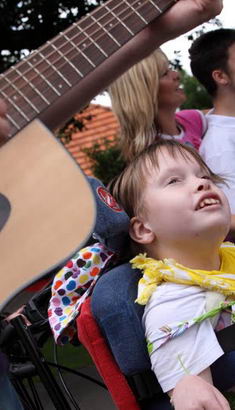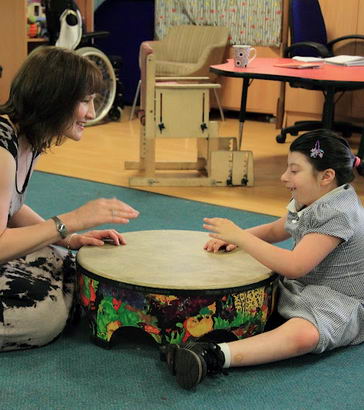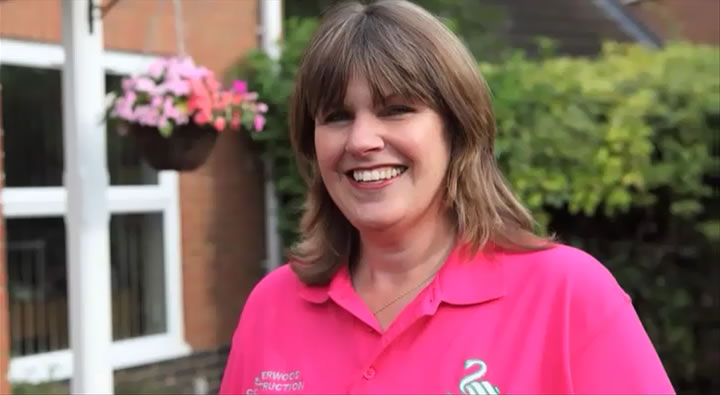
There are many reasons why children are born with disabilities and/or health needs.
These can include:
- Difficulties during the pregnancy, including infections in the mother;
- Prematurity;
- Environmental problems;
- Genetic disorders;
- Asphyxia, a lack of oxygen, or trauma during or shortly after birth.
(Early Support, 2010)
Children's difficulties and disabilities will disrupt their development, which could be:
Delayed – The child will reach developmental milestones in the same order as typically developing children, but their progress is significantly slower than expected in one or more areas of development.
Or
Disordered – Some difficulties or disabilities change the order of a child's developmental progress in one or more developmental areas. The child will gain developmental skills with the support of specialised teaching, and/or adapted environment or resources.
Children with severe, profound or complex learning difficulties will experience disordered development. Refer to the following document to find out what these terms mean.

Children with severe, profound or complex learning difficulties will usually need support from a number of specialist professionals to support their development and help them to achieve key skills.
Read this leaflet from the support organisation Contact a Family to gain an idea of the range of professionals who might be involved.
Visit the BBC website and view the resources under Special Educational Needs.
Read the information about three disorders which can result in severe, profound or
complex learning disabilities:
- Angelman Syndrome – a rare chromosome disorder;
- Fragile X Syndrome – the most common inherited cause of learning disability;
- Phenylketonuria (PKU) – newborn babies are screened for PKU
at birth, and can be treated if
identified early.
Different kinds of difficulty have a different impact on children's development. Many children with severe and profound learning difficulties are identified at birth, although for some (eg autism) difficulties are noticed later.
Fragile X Syndrome is the most common inherited cause of learning disability. The difficulties of a child with Fragile X Syndrome, whose facial differences only become apparent with age, may not be identified until developmental milestones are missed and other issues identified. For example:
- Language and communication delays;
- Social delays;
- Autistic behaviours and attention difficulties;
- Behavioural issues.
Find out more about Fragile X Syndrome at the Fragile X Society website.
Listen to these parents talk about experiences of disability in their families. Families are their child's first teacher. Their expertise needs to be recognised and used in developing educational and therapy programmes for their child. They have in-depth views and experiences of their child's abilities, strengths and needs.
In this clip, Jade's mother talks about her daughter's FAS, the diagnosis and its implications.
Note down what these parents say is important to them and their family, and the support they and their
child need.

Contact a Family (2007) Concerned about your child? London: Contact a Family.
Early Support (2010) Information for Parents: When your child has no diagnosis. London: Early Support.
